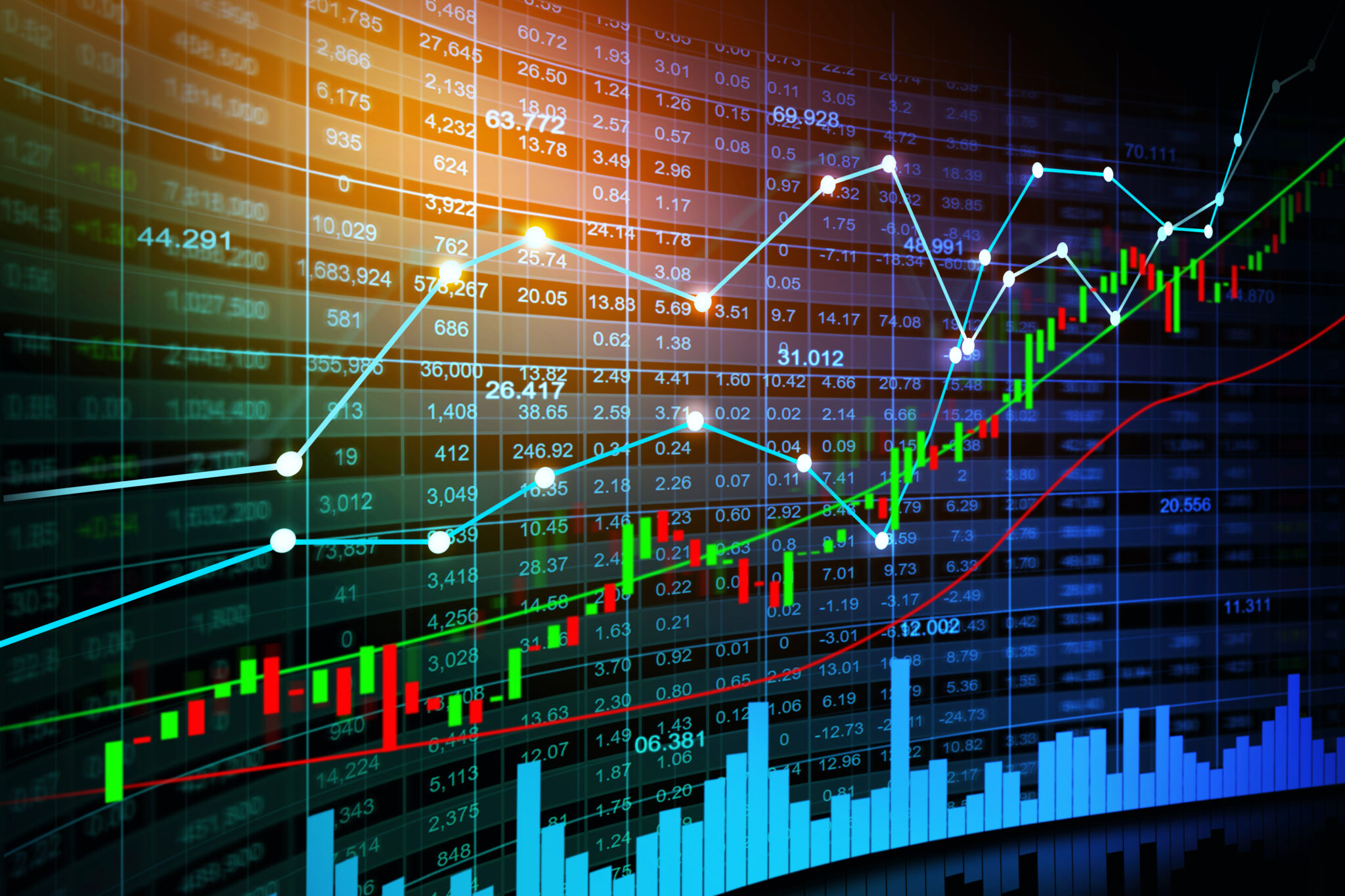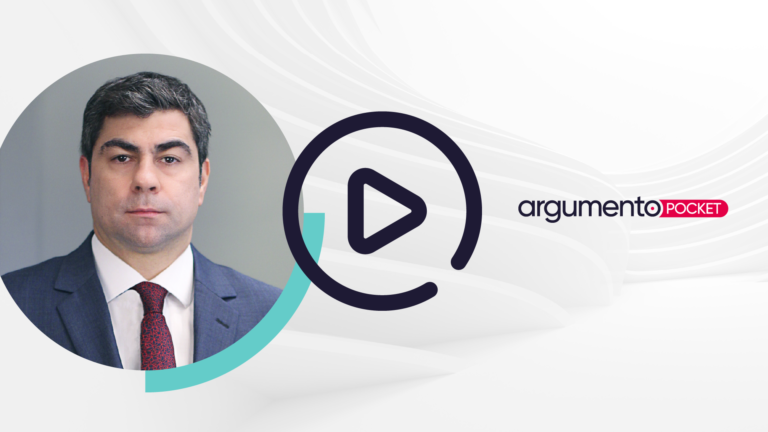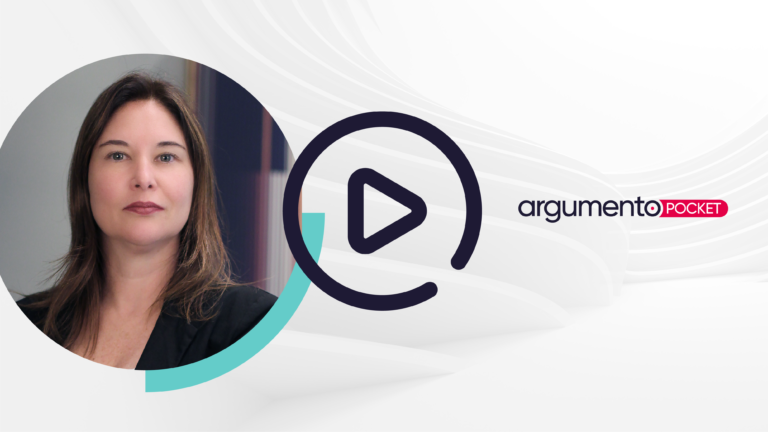The GameStop case is over, but what can we learn about short squeeze in the stock market?
Short squeeze became a popular topic after events like the growth of GameStop and IRB Brasil Resseguros shares. A few months ago, GameStop’s stocks were on the trending topics in the stock market. This was because the stocks had risen more than 1000% since December 2020. The same thing happened in Brazil with IRB’s shares, which rose 17% in a day. But why did the companies’ stocks see such a huge increase in such a short time? The answer to this question might be related to a phenomenon called a short squeeze.
A short squeeze occurs when traders short sell and are obligated to buy the stock fast, increasing its value even more. It happens because the traders bet on a price drop, but the stock’s value goes up instead, forcing them to buy the stock before they have a significant loss. This problem happens because other investors start to buy the stocks, causing its price to increase. This is what the market calls a short squeeze.
In the United States, there are two ways (one of them unauthorized) in which you can short sell: regular short selling and naked short selling. With regular short selling, the traders borrow a stock and sell it without buying the stock initially, this is a common operation in the stock market, it happens because the traders bet that the sales price will be higher than the original price they will pay for the stocks afterwards. The second way, naked short selling, has been prohibited by the Securities and Exchange Commission (“SEC”) in the United States since the 2008 Global Financial Crisis. The difference between short selling and naked short selling is that with the latter, the seller does not even borrow the stock. There´s a potential danger in this operation because when the traders negotiate without borrowing the stock, they might be prone to a “failed-to-deliver” situation. Furthermore, the traders can face two risks: (i) not finding the stocks available in the market; (ii) buying the shares with increased market price, jeopardizing the financial market in general.
In GameStop’s case, there are suspicions of naked short selling operations. As a response, the SEC website said: “Therefore, fails-to-deliver are not necessarily the result of short selling, and are not evidence of abusive short selling or ‘naked’ short selling.”. However, there is a difficulty in knowing what really happened in the GameStop story, since there are many assumptions about the case.
After a brief summary of the events that happened in the USA, the question is: can an event like the GameStop short squeeze happen in Brazil?
The answer is yes, but not in the same way. In Brazil, traders can short sell, but there are some limits that need to be respected. The first one is related to the Bolsa Brasil Balcão (“B3”) rules which set a borrowing limit of 20% of the free float company; it also sets a limit of 5% (from that 20%) for each investor. Moreover, the B3 has control over the market participants, making it difficult for any market manipulators to act, unlike what happens in the USA.
Furthermore, the laws in Brazil regulate this type of market manipulation. The Comissão de Valores Mobiliários (“CVM”) set forth in ICVM 8 regulations on subjects, such as: “artificial demand conditions on offer or price of securities, price manipulation, fraudulent operations, and unfair practices”. Likewise, law 6.385/76 in article 27-C addresses the cases, conditions and consequences of simulated operations or other fraudulent maneuvers. It can result in the conviction of the offender to up to 8 years of imprisonment and a fine equivalent to the amount of the unlawful advantage obtained as a result of the crime.
Thus, when compared the Brazilian and the US markets, the difference is clear between culture and operations. In Brazil's context, it is very difficult for events like GameStop to happen. The IRB shares case was just an attempt to repeat GameStop’s story in a different country. In Brazil, issues like GameStop can happen, but hardly in the same proportion.
O caso GameStop passou, mas o que você pode aprender sobre short squeeze no mercado de capitais?
Short squeeze se tornou um assunto popular após eventos como o crescimento das ações da GameStop e das ações do IRB Brasil Resseguros. Há alguns meses, as ações da GameStop estavam nos trending topics da área do mercado de capitais. Isso aconteceu porque as ações da empresa haviam subido mais de 1.000% desde dezembro de 2020. O mesmo caso aconteceu no Brasil com as ações do IRB, quando subiram 17% em um dia. Mas por que as ações destas empresas tiveram um grande aumento em pouco tempo? A resposta para essa pergunta pode estar relacionada ao fenômeno denominado short squeeze.
Short squeeze é um fenômeno que ocorre quando os operadores vendem ações alugadas (venda a descoberto ou short selling) e são obrigados a comprar a ação rapidamente, aumentando ainda mais o seu valor. Esse fenômeno ocorre quando os negociantes apostam na queda do preço, mas o valor da ação sobe, forçando-os a comprar as ações antes de terem uma perda significativa. O problema surge quando outros investidores começam a comprar as ações, aumentando sua cotação. Isso porque a compra do investidor colabora com a alta das ações, elevando ainda mais o seu preço. Isso é o que o mercado denomina como short squeeze.
Nos Estados Unidos existem duas possibilidades (uma delas não autorizada) em que você pode vender a descoberto: (i) a venda a descoberto regular e; (ii) a chamada naked short selling. Na venda a descoberto regular, os operadores alugam uma ação e a vendem sem antes comprá-la, sendo uma operação comum no mercado de capitais. Isso acontece porque os operadores apostam que o preço de venda será maior que o preço que eles pagarão posteriormente na compra da ação alugada, gerando lucro.
A segunda possibilidade, denominada naked short selling, é proibida pela SEC (Securities and Exchange Commission) nos Estados Unidos desde a crise financeira global de 2008. A diferença entre a venda a descoberto regular e a naked short selling é que, na segunda, o vendedor não empresta as ações. Ou seja, há um perigo em potencial nesta operação, dado que os operadores fazem uma negociação sem tomar as ações emprestadas, correndo o risco de não conseguir entregá-las ao comprador. Além disso, o operador pode se deparar com dois cenários adversos: (i) não encontrar ações disponíveis no mercado; (ii) comprar as ações com valorização, prejudicando o mercado financeiro em geral, tendo em vista, por exemplo, a supervalorização da ação negociada.
No caso da GameStop, há suspeitas de operações de naked short selling. Como resposta à suspeita, o site da SEC informou que: "Portanto, falhas de entrega não são necessariamente o resultado de vendas a descoberto e não são evidências de vendas a descoberto abusivas ou de naked short selling." Apesar da declaração, é difícil saber ao certo o que realmente aconteceu na história da GameStop, uma vez que existem muitas suposições sobre o caso.
Após um breve resumo dos eventos que aconteceram nos EUA, a pergunta é: um evento como o short squeeze da GameStop pode acontecer no Brasil?
A resposta é sim, mas não da mesma forma. No Brasil, os operadores podem vender a descoberto, mas existem alguns limites que precisam ser respeitados. O primeiro deles é sobre as regras da B3 (Bolsa Brasil Balcão S.A) que estabelecem um limite de aluguel de 20% das ações da empresa em circulação no mercado. A B3 estabelece, ainda, um limite de 5% (desses 20%) para cada investidor na operação realizada, restringindo uma atuação significativa do operador. Para mais, diferentemente do que acontece nos EUA, a B3 possui um controle sobre os participantes do mercado, dificultando a atuação de qualquer manipulador.
Ademais, as leis no Brasil regulamentam esse tipo de manipulação de mercado. A Comissão de Valores Mobiliários - CVM fixou na ICVM 8 temas como: “condições artificiais de demanda, oferta ou preço de valores mobiliários, manipulação de preço, operações fraudulentas e práticas não equitativa.”. Da mesma forma, a Lei n.º 6.385/76, em seu artigo 27-C, aborda hipóteses, condições e consequências de operações simuladas ou outras manobras fraudulentas. Nesse sentido, eventual infração pode resultar na condenação do infrator em até oito anos de reclusão e multa igual ao valor da vantagem ilícita obtida em decorrência do crime.
Assim, quando comparado os mercados do Brasil e dos EUA, fica clara a diferença entre suas culturas e operações. No contexto do Brasil, é muito difícil eventos com o tamanho da GameStop acontecerem. O caso das ações do IRB foi apenas uma tentativa de reescrever a história da GameStop em um país diferente, contudo, sem atingir as mesmas proporções com a alta das ações.








